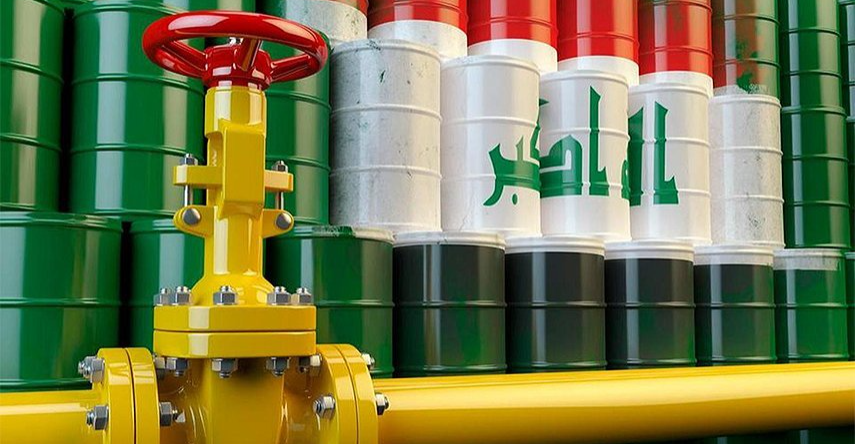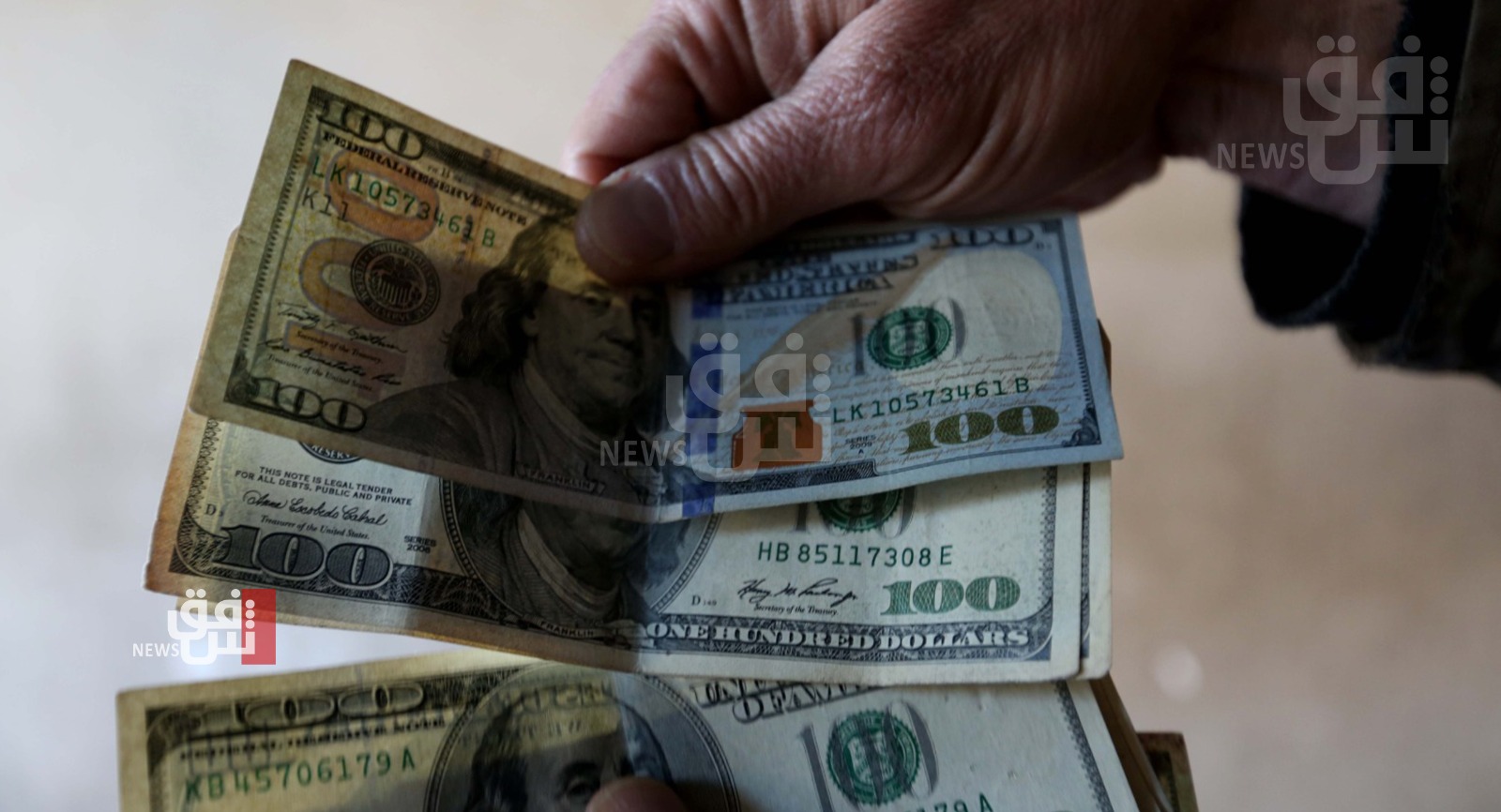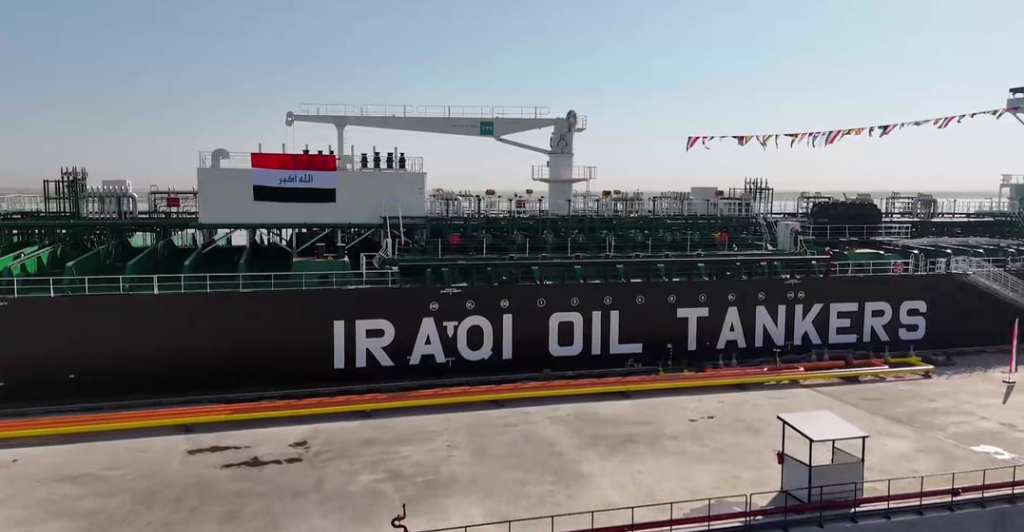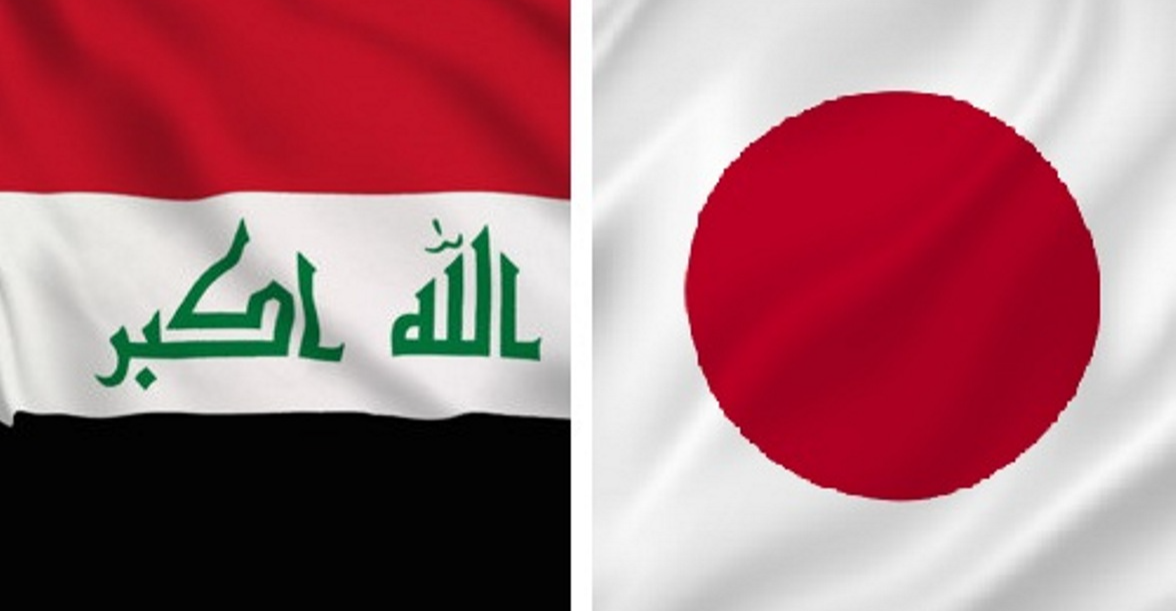Oil prices little changed as Middle East conflict, ample supply outlook weigh

Shafaq News/Oil prices were little changed on Friday, but remained on track for strongweekly gains, as investors weighed the prospect of a wider Middle East conflictdisrupting crude flows against an amply supplied global market.
Brent crudefutures ticked down 8 cents, or 0.1%, to $77.54 a barrel as of 0415 GMT. U.S.West Texas Intermediate crude futures were down 6 cents, or 0.08%, to $73.65 abarrel.
Bothbenchmarks were headed for weekly gains of about 8%.
Bearish betson oil have found some room to unwind this week amid mounting concerns overpotential supply disruptions in the Middle East, along with optimism thatChina's recent economic stimulus efforts may offer some uplift in demand, saidIG market strategist Yeap Jun Rong.
"Thequestion now is whether there will be an actual disruption in crude supplies,and that should keep prices in a waiting game over the weekend," Yeapadded.
The U.S. isdiscussing whether it would support Israeli strikes on Iran's oil facilities asretaliation for Tehran's missile attack on Israel, President Joe Biden said onThursday, while Israel's military hit Beirut with new airstrikes in its battleagainst Lebanese armed group Hezbollah.
Biden'scomments contributed to a 5% rally in oil prices on Thursday, as Israel weighsits options after its arch-foe Iran launched its largest-ever assault onTuesday.
"Supplyrisks are back in focus as tension in the Middle East rises, but we expect theimpact to be limited," ANZ analysts said in a note.
While theregion accounts for more than a third of the world's oil supply, a directattack on Iran's oil facilities seems the least likely response among Israel'soptions, the analysts said.
"Such amove would upset its international partners while a disruption to Iran's oilrevenue would likely leave it with little to lose, potentially provoking a moreferocious response."
Concernsover oil supply that drove up prices earlier in the week have also beentempered by OPEC's spare production capacity and the fact that global crudesupplies have yet to be disrupted by the Middle East unrest.
Libya'seastern-based government and Tripoli-based National Oil Corp announced onThursday the reopening of all oilfields and export terminals after a disputeover leadership of the central bank was resolved, ending a crisis that hadheavily reduced oil production.
Iran andLibya are both members of OPEC. Iran, which is operating under U.S. sanctions,produced about 4.0 million barrels per day of fuel in 2023, while Libyaproduced about 1.3 million bpd last year, according to data from the U.S.Energy Information Administration.
(Reuters)






